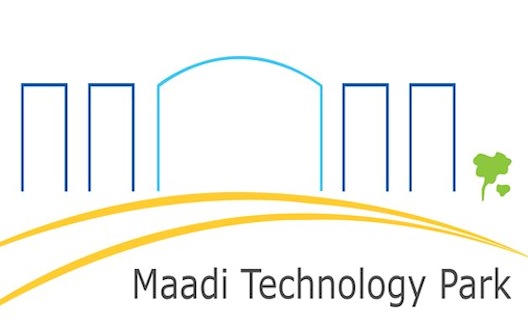Proposed Egypt technology park facing bureaucratic delays


Big plans to create a technology and entrepreneurial hub in the southern Cairo suburb of Maadi could be stalling, for which some are blaming heavy government involvement.
In December, Minister of Communication and Information Technology (CIT) Atef Helmy (pictured below) told Wamda that the ministry was designing a campus at the Maadi Technology Park to attract entrepreneurs and creative technology companies.
“We wanted to create a conducive environment where we [host] most of the companies working in innovation, especially that related to embedded software and electronic design and manufacture,” he said.

But people involved with the project say talks over how to include startups and foster that innovation are dragging on longer than they should.
Moreover, a source at ECG, the engineering firm responsible for planning the park, says the park is not being pitched as a technology and innovation hub but as a business park to large- and medium-sized consultancies. They said it was similar to the Smart Village office park outside Cairo, where multi-nationals such as Vodafone, IBM, and HSBC bank are based.
The source also said there are no plans to include facilities for any kind of manufacturing, high tech or otherwise.
Entrepreneur Con O’Donnell says he was approached six months ago when the ministry was looking for experienced people to advise on the project, but turned the opportunity down because of the high level of government involvement.
“I don’t believe the government is the right entity to be managing these parks,” he told Wamda.
The slow speed of the current talks, he says, is typical of a government project in Egypt after the big public announcements have been made, and he’s pessimistic about how a government-driven process is going to shift the Maadi site from its current iteration as a call center and office park, used by multinationals including Intel and business process outsourcing firm Raya, to an entrepreneurial hub.
O’Donnell says the state’s role should be in supporting technology and innovation through changing legislation or opening up funding channels for startups, rather than creating and managing individual hubs for particular technology sectors.
Helmy said in December that designs were being finalized and the campus would start being developed in January 2015. Additionally, as early as October, industry sources involved in the project told Wamda they were hopeful of being able to make a public progress report in December.
But as of yet, the only news has been Helmy’s announcement in a mid-January speech of plans for a prime ministerial inauguration of three technological buildings “soon,” as well as that 19 new companies are interested in leasing space in the zone.
Rebecca Wardle, an urban planner working in Egypt, says it’s essential the technology park is planned well, with adequate food, recreation, and even entertainment options, or it will not succeed in attracting Egypt’s leading entrepreneurs. The proposed park’s location is far away from many of suburban Maadi’s amenities.
“These kinds of investments may be futile in the long-term unless the right strategic planning, infrastructure, and governance are established to support them and make them desirable locations for leading IT companies and other creative thinkers,” she told Wamda.
“Egypt’s technology parks need to move beyond the typical high-technology park to be more organized, planned, and managed. IT hubs are nothing new, and they need to differentiate themselves to be competitive with the IT hubs around the world.”
Entities listed by the minister as partners on the project include Egyptian IT sector NGO EITESAL, founder and CEO of Si-Ware Systems Hisham Haddara, Flat6Labs, the American University of Cairo, and the NGO Endeavor, although the latter denied to Wamda that it was involved in the development.
The park is one of the projects the ministry will be presenting to foreign investors at the Egypt Economic Development Conference in Sharm El Sheikh in March.
Development of the Maadi site began in 2010, and site management was taken over by the quasi-governmental Information Technology Industry Development Agency (ITIDA) in 2012. The second phase began in May of last year following a $403 million investment from the government; the park is scheduled to be finished by 2017.


